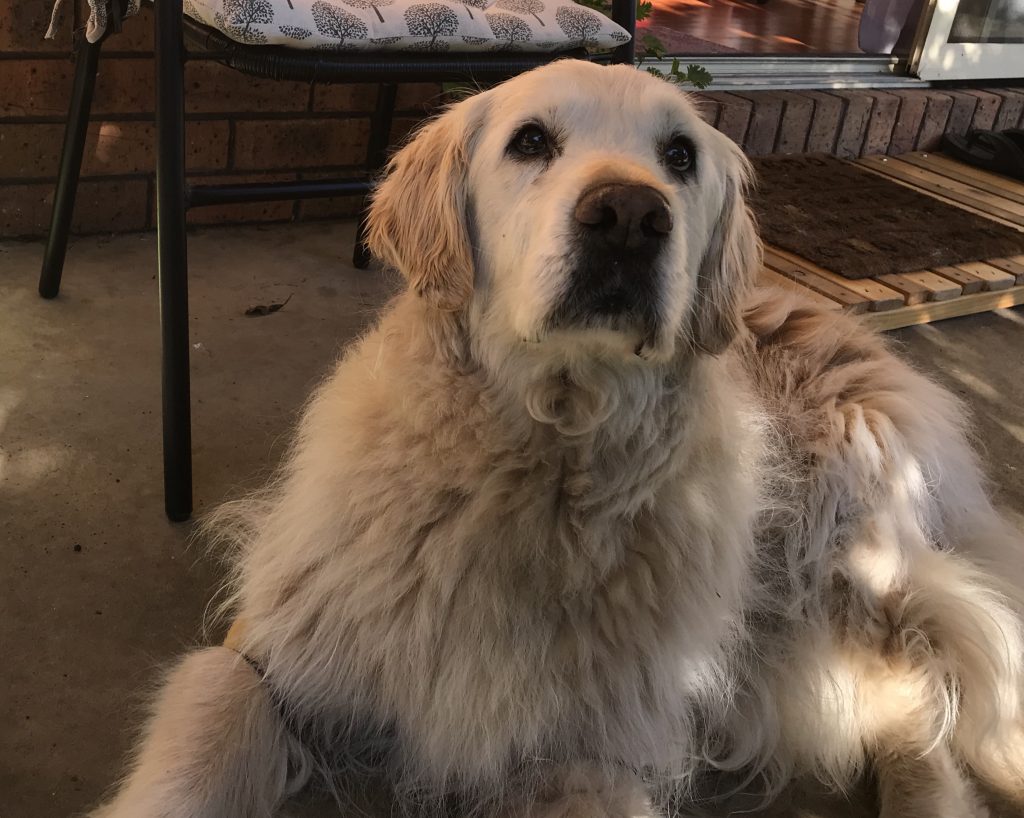
How to Keep Older Dogs with Joint Pain Comfortable.
A lot of dogs, as they age develop arthritis or degenerative joint disease. This is due to wear and tear on the joints and in some cases due to developmental abnormalities where the joints are slightly out of alignment, or due to arthritis secondary to trauma at a younger age, like a fracture.
The most common joints affected by arthritis are the hips, stifles (or knees) and the shoulders. The lower spine is also commonly affected by arthritis or a compression on by the padding between the spinal bones on the spinal chord.
Cold weather tends to make the arthritic joints more painful.
The signs of arthritis depend on which joint is affected but include lameness or limping, becoming very slow to get up and down, inability to jump up onto furniture or into the car, reluctance to want to exercise or not being able to finish a walk. Arthritis can be so painful and debilitating that a dog may not even get out of bed or become stuck somewhere.
Once arthritis is diagnosed as the dog’s source of discomfort, the treatment is usually some pain relief in the form of a non-steroidal anti inflammatory medication, or maybe a combination of pain relief medications. The choice of medication will depend on the individual, some medications are not suitable if the dog has other health problems.
Additional medical treatment commonly given is a joint protective medication like cartrophen, given as a series of injections to stimulate healing in the joint and nutraceuticals like glucosamine, essential fatty acids, and Cannabis oil.
The other treatments to help dogs that are really important are having the dog in a ideal body condition, being overweight exacerbates the joints. Keeping the sore joints warm with heat packs in the cold weather. Regular short exercise sessions (4-5 short walks a day are better than one long walk). Physiotherapy to help maintain good muscle tone to support the joints. Swimming is a good form of exercise because it strengthens the muscles without putting any pressure on the joints.
If you have an older dog and it is showing signs of joint pain, please consider a veterinary consultation and pain management plan.